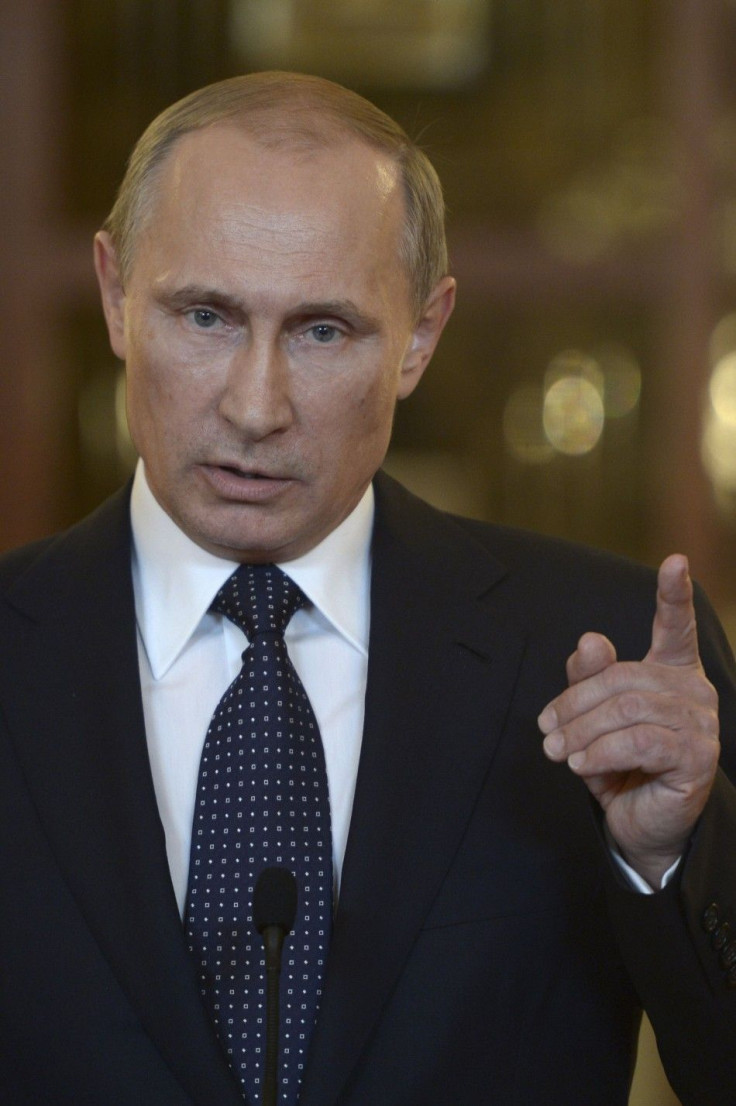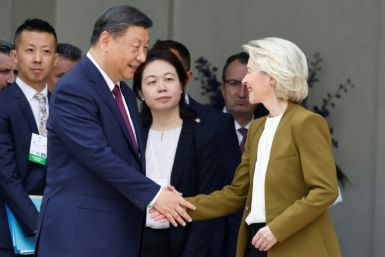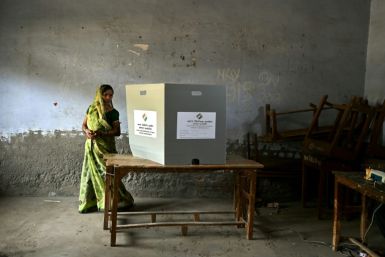Best of Russian military Innovations Named, Putin's Tech Industry Considered One of IT's Nightmares in 2015

Russia's defence industry has been under fire including its military decisions but a number of technological innovations have gone through successful state testing for the country's future use. According to Russia and India Report, the nation has finally completed its Yasen multipurpose nuclear submarine. The original Yasen required 18 years to complete.
Amidst the economic and political difficulties, the Severodvinsk submarine joined the Russian navy finally. The submarine comes with Yakhont supersonic anti-ship missiles offering up to 220 miles range and Granat missiles.
Another interesting addition to the Russian military capability is the Verba man-portable air-defense system. This is the replacement for the well-known Igla. The latter was not exclusive to the Russian armed forces with other nations having export access to it. The new system comes with a smart self-guided head that avoid fake threats from military planes. It can also detect winged missles and unmanned aerial vehicles. The report indicates that the targets mentioned usually operate on low radiation making them hard to detect.
The Verba can identify these objects easily because there are three spectrums governing its fire-and-forget framework. Igla only ran on two. The Russian military welcomed the Verba summer of 2014 pitting it against the American Stinger missile.
Despite the innovations and reportedly promising development of the Russian military force, a report by ZDNET names the country's tech industry as one of 2015's possible IT nightmares. According to the report, it is possible than the Russia tech industry will turn into an unstable and potentially predatory sector. The ruble has been having trouble and analysts expect Russia to turn to more aggressive moves opposing the Western nations.
Vladimir Putin and his administration have also been at odds with NATO. Considering that many Russian companies offer security software services like Kaspersky, the industry may turn quite unpleasant. It can be risky to entrust security software to Russian providers if international relations becomes even sourer.






